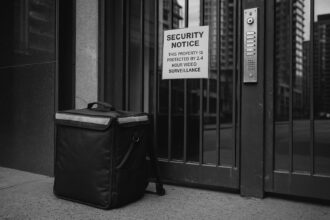Oxford University and University College London are embroiled in legal proceedings that touch on significant issues within the UK’s higher education sector, including employment rights and the impact of the pandemic on student learning.
In separate legal cases that highlight ongoing issues in UK higher education, Oxford University and University College London (UCL) find themselves confronted with significant challenges.
Oxford University has been judged to have employed Rebecca Abrams and Alice Jolly under “sham contracts,” effectively treating them as gig economy workers and denying them rightful workplace rights for 15 years. This landmark ruling acknowledges them as employees rather than contract workers on fixed-term “personal services” contracts. This decision, with potential wide-reaching effects on higher education workers on precarious contracts across the UK, underscores an urgent need for universities to address and improve the treatment of staff on insecure contracts. It also may set a precedent for tackling the issue of casualization in academia.
Meanwhile, UCL is preparing for a High Court trial against a group of approximately 5,000 students who claim their education suffered due to pandemic-related disruptions and lecturer strikes. The legal action argues that these disruptions, occurring between 2018 and 2022, constituted breaches in their tuition contracts, significantly affecting their learning experiences through canceled lectures, reliance on online classes, and restricted access to university facilities. Despite attempts at mediation and the university’s proposal for students to seek redress through an internal complaints procedure, negotiations have failed to reach a resolution, leading to a forthcoming legal battle. This case is part of a broader movement involving more than 80 universities and 153,000 students seeking compensation for educational disruptions caused by the pandemic.
Both cases highlight critical issues facing the UK’s higher education sector, from job security for academics to the quality of education delivered to students during unprecedented times. The outcomes of these cases could influence future policies and practices in universities across the country.













